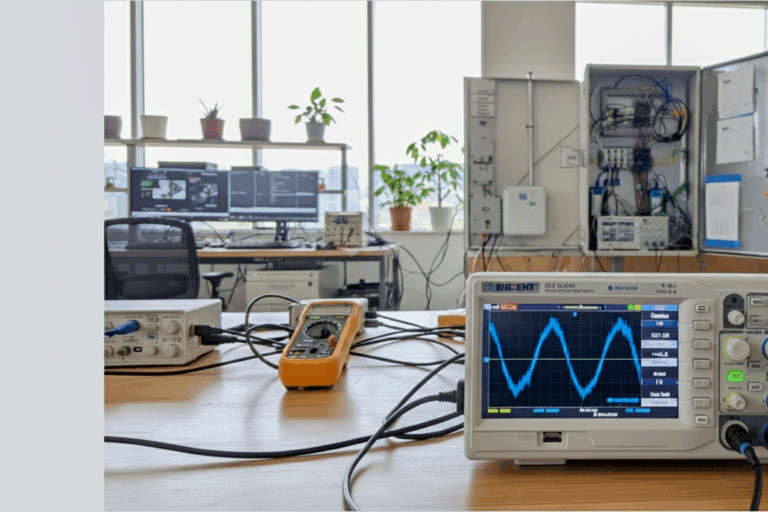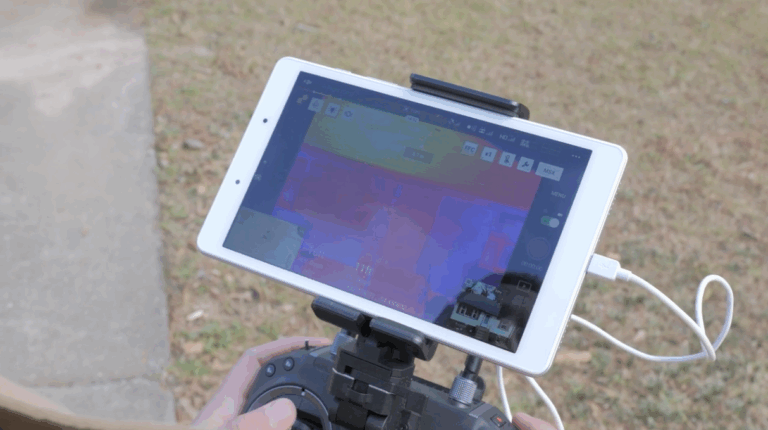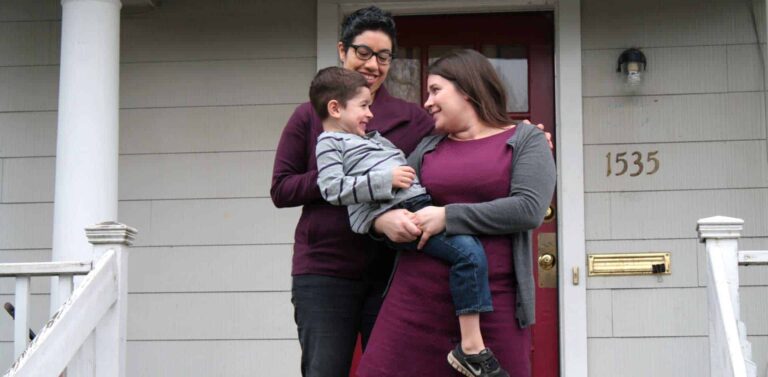July 22, 2022
By Rachel Jenkins, director of operations, Pecan Street Inc.
Want to reduce your home’s grid impact without turning up your AC? You may be a perfect fit for a study we’re conducting with the University of Michigan that will test automatic, on-the-fly conservation events without adjusting your thermostat.
Because air conditioners are most homes’ largest electric loads in hot summer months, they’re a logical place to shave demand during peak grid events. Many Pecan Street participants in Austin are already part of Austin Energy’s Power Partner program, which allows the utility to make slight adjustments to customers’ thermostat setpoint (the temp that triggers your AC) when electric demand is especially high.
This is a powerful tool, especially when multiplied by the many thousands of customers who want to participate. But not everyone wants to have their settings changed.
Our study with the University of Michigan takes a different approach. Rather than adjust the setpoint, this study will adjust the time and frequency of your AC cycles in an effort to reduce peak electricity usage AND maintain the temperature you want. In other words, a win-win for the grid and customers.
Pecan Street and the University of Michigan have developed, lab tested, and field tested (in our own homes) this demand response technology for the last three years, and we’re now expanding it to more homes to measure its potential grid impact. We will install an air conditioning controller near the AC unit (in a closet or attic) that will operate in tandem with your regular thermostat. The controller will “talk” with a gateway transmitter that will send encrypted event data to our servers.
The study will run in October 2022 and is open to new and current Pecan Street participants in Austin. New participants will be able to keep the monitoring equipment we install in all our Pecan Street homes, and we don’t need to install a new thermostat. All our equipment is installed — mostly invisibly or out of sight — on top of a home’s existing electric and WiFi systems.
It’s free, of course, and completely confidential. Participants can see their own home’s data, but no one else’s. And like all Pecan Street research, personal data is kept secure and confidential.
If you haven’t seen what our monitoring equipment can show you, check out the recent KXAN story below.
Signing up takes 2 quick steps.
- Review and sign our standard participation agreement.
- You’ll then receive an email with a link to schedule your installation. If you have lost your link, you can schedule your installation here.
You can also check out our participant resource page, which includes several videos about our work, our privacy policy, and more.
We hope you’ll join us!

















